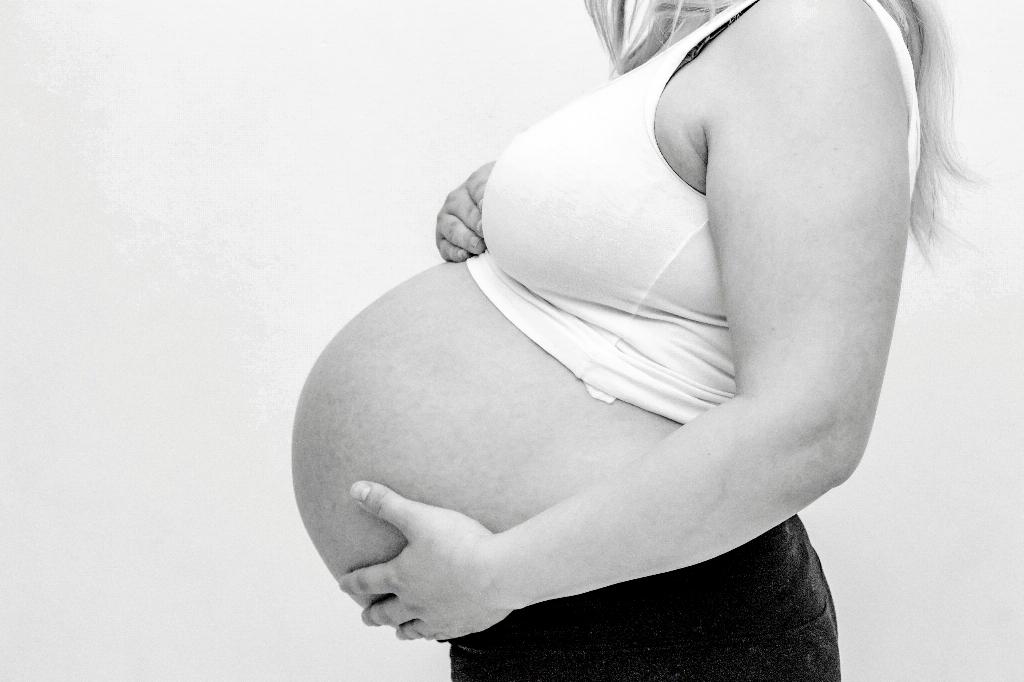Experiencing heartburn in early pregnancy can be concerning for many expecting mothers. It’s important to note that indigestion, commonly known as heartburn or acid reflux, is a common occurrence during pregnancy. This burning sensation in the chest area can be attributed to a variety of factors related to your changing body.
Causes of Heartburn in Early Pregnancy
One of the primary causes of heartburn in early pregnancy is hormonal changes. The surge in hormones during pregnancy can relax the valve that separates the esophagus from the stomach, leading to stomach acid flowing back into the esophagus and causing that uncomfortable burning sensation.
Physical Changes in Early Pregnancy
In addition to hormonal changes, the physical changes in your body during early pregnancy can also contribute to heartburn. As your baby grows, the pressure exerted on your stomach can push stomach acids back up into the esophagus, triggering heartburn episodes.
Managing Heartburn During Early Pregnancy
While heartburn can be uncomfortable, there are several ways to manage and alleviate the symptoms during early pregnancy. Making simple changes to your diet, such as avoiding spicy and acidic foods, and eating smaller, more frequent meals can help reduce the likelihood of heartburn.
Lifestyle Modifications
Modifying certain lifestyle habits can also help in managing heartburn. Maintaining good posture, avoiding lying down immediately after eating, and staying hydrated can aid in digestion and reduce the occurrence of heartburn.
Safe Medications for Heartburn in Pregnancy
If lifestyle and dietary modifications do not provide sufficient relief, there are safe medications that can be taken for heartburn during pregnancy. It is important to consult with your healthcare provider before taking any medication to ensure it is safe for you and your baby.
Seeking Medical Advice
If you experience severe or persistent heartburn during early pregnancy, it is crucial to seek medical advice. Your healthcare provider can offer personalized recommendations and solutions to alleviate your symptoms and ensure the well-being of you and your baby.
Importance of Proper Nutrition
Ensuring you maintain a well-balanced diet during pregnancy is essential for overall health and can also help manage heartburn. Consuming foods rich in fiber, vitamins, and minerals while avoiding trigger foods can promote better digestion and reduce acid reflux.
Staying Hydrated
Hydration plays a vital role in preventing and managing heartburn. Drinking an adequate amount of water throughout the day can help dilute stomach acids and aid in the digestion process, potentially reducing the frequency of heartburn episodes.
Listening to Your Body
During early pregnancy, it is important to listen to your body and pay attention to any discomfort or symptoms you may experience, including heartburn. Taking the time to rest, practice stress-reducing activities, and communicate with your healthcare provider can contribute to a smoother pregnancy experience.
Support and Understanding
Experiencing heartburn in early pregnancy is a common occurrence for many women, and seeking support from loved ones or joining pregnancy support groups can provide understanding and reassurance. Sharing your concerns and experiences with others can help alleviate stress and anxiety related to pregnancy symptoms.
Conclusion
In conclusion, heartburn in early pregnancy is a prevalent issue that can be managed through various lifestyle modifications, dietary changes, and, if necessary, safe medications. By understanding the causes and triggers of heartburn, seeking medical advice when needed, and prioritizing self-care, you can navigate this symptom effectively and focus on the excitement of your pregnancy journey.

